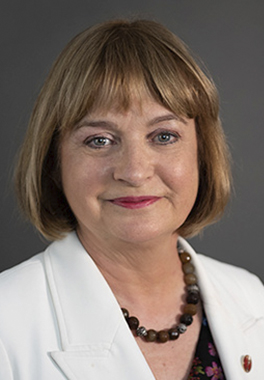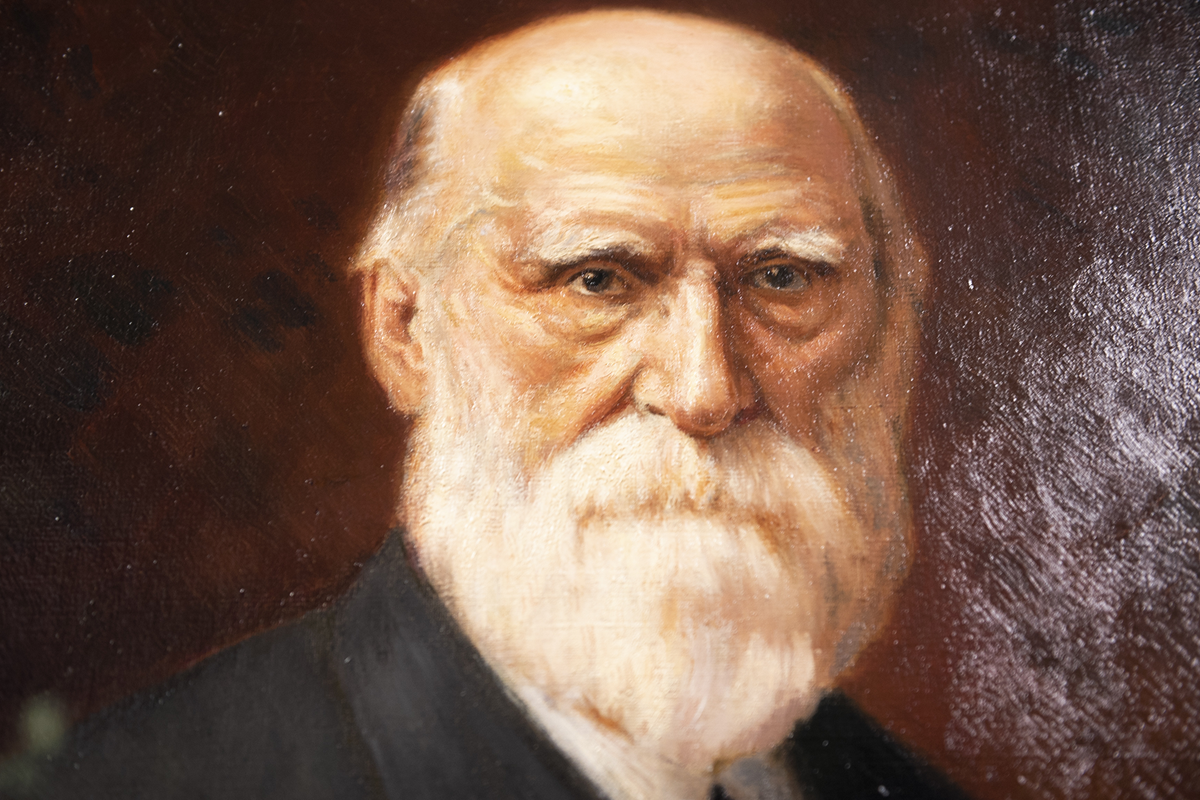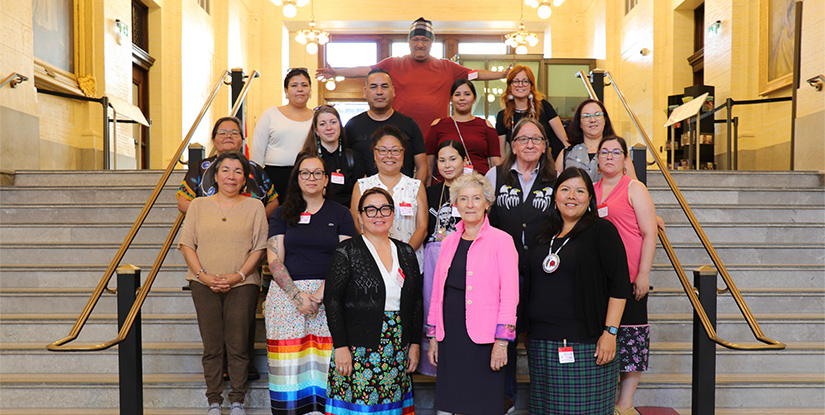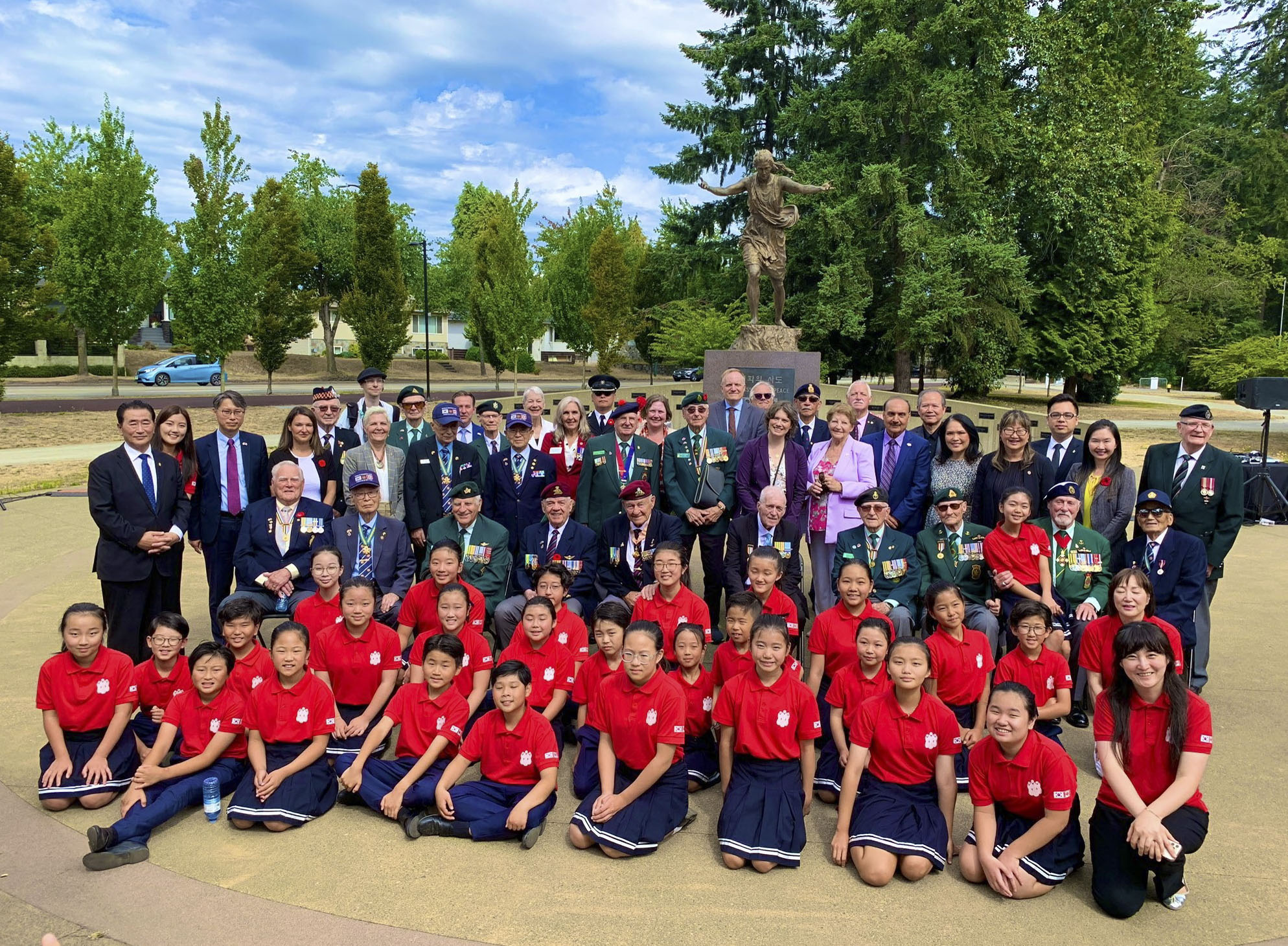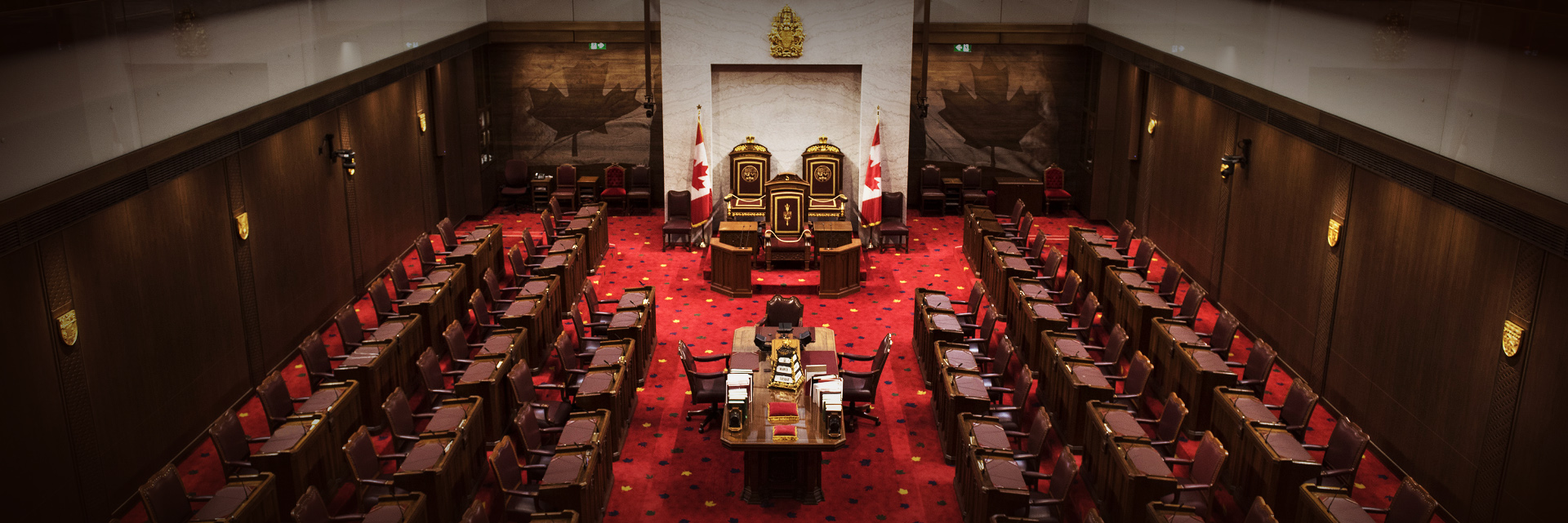
International Parliamentary Seminar on Media Freedom - British Group of the Inter-Parliamentary Union
UK Parliament
September 9, 2019
The Honorable Senator Julie Miville-Dechêne:
Good morning,
I first want to thank the organizers for inviting me to this seminar on protecting a profession that I hold dear. I’m a new parliamentarian—a senator for just over a year—but I was a journalist for most of my career at Radio-Canada, Canada’s public television network.
During my 25 years on air, I never faced direct or indirect pressure to change my reporting. Criticism, yes, sometimes well-deserved, because journalists make mistakes, but this in no way diminishes the importance of freedom of the press. A free press is also an imperfect press.
Not all journalists are fortunate enough to get the same work environment: the threats to media freedom around the globe today are daunting. According to the Committee to Protect Journalist,
- 15 journalists have been killed so far in 2019,
- 250 were imprisoned in 2018, and
- 63 are currently missing.[1]
- Gender-based violence against women in the media is also a growing concern, as is the threat to journalists reporting on environmental issues.
In December 2006, I interviewed Hrant Dink, a Turkish journalist of Armenian descent for a story on secularism. He was prosecuted by Turkish nationalists for writing on the Armenian genocide. He feared for his life, telling me that he felt like a pigeon heading to slaughter. Less than a month after I met with him in Istanbul, Hrant Dink was shot twice at point-blank range on the street. I was horrified. This journalist told me he wanted to help Turkey have real debates, modernize and promote freedom of expression. The price of his efforts was his life. And he is not alone. 134 journalists currently being in jail in Turkey, hundred facing cancelled press cards.
However, in my own country, that does not mean freedom of the press is perfect. We are ranked 18th by Reporters Without Borders. Although that puts us in the lead group, we recognize that media environments are increasingly globalized, and that challenges faced in other countries can quickly become our own.
An important case is also currently before the Supreme Court of Canada, one that addresses a fundamental issue for press freedom: the protection of journalists’ sources, which is at risk in my country. It involves one of my former colleagues, a courageous reporter who unveiled alleged corruption schemes in Quebec politics. A former minister is asking for the identity of theses sources for his own defence in his trial.
Moreover, we remember the imprisonment of Mohamed Fahmy in Egypt and the murders on our soil of Canadian journalists Brian Smith and Tara Singh Hayer, and know that we are not immune.
We, parliamentarians have a vital role to play in protecting and advancing media freedom. I would like to start off the discussion by stressing three areas of intervention:
To begin with, as legislators, we can advance many of the goals identified in the Global Pledge, including holding governments to account for targeting journalists or media outlets. The adoption of sanctions legislation specifically linked to gross human rights violations such as the Magnitsky Law is a step in the right direction, but sanctions are most effective when they are imposed collectively; collaboration and coordination among like-minded states is therefore critical.
The case of jailed Saudi blogger Raif Badawi is deeply disturbing for me and many others. There is an intense campaign in Quebec to obtain his freedom since his wife and 3 children live in my province. I support this campaign. The federal parliament is pressed to add its voice by asking that Badawi be granted Canadian citizenship.
As contributors to international relations and diplomacy, parliamentarians can also bring attention to foreign limitations on media freedom that warrant international attention and action. For example, Canada’s Parliament has recently done so through the release of a House of Commons committee report on the situations in Myanmar and Venezuela.[2]
Finally, as leaders of local, national, and international communities, we need to engage responsibly in the information environment and should seek to model appropriate expression, even as we participate in vigorous debate. Parliamentarians should avoid spreading disinformation, refrain from disparaging media, especially when they are critical of us, and we should publicly condemn violence against journalists wherever and whenever it occurs.
As parliamentarians, we must, in sum, all act together to protect media freedom essential to any democracy. At stake are not only the lives and rights of these professionals, but also the global security, prosperity and human rights on which we all depend. It is vital to ensure that media freedom is protected, expanded and enhanced around the world. I am looking forward to the upcoming discussion and am very interested in hearing your perspectives on the media freedom campaign.
This campaign is a great initiative, and this is why I’m here to support it. But our challenge, and I’m sure you are well aware of it is to go beyond speeches and to act collectively on violations and abuses of the rights of members of the press
I thank you for your attention.
[1] Committee to Protect Journalists, “Data & Research.”
[2] House of Commons, Standing Committee on Foreign Affairs and International Development, Subcommittee on International Human Rights, The Canary in the Coal Mine: Responding to Violations of Press Freedoms in Venezuela and Myanmar, Twenty-Seventh Report, 1st Session, 42nd Parliament, June 2019.

